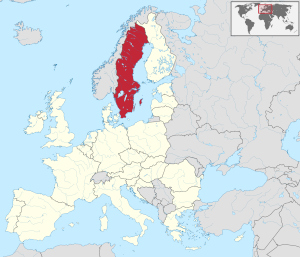
The so-called “economic emergency law” announced by the new government in Argentina is simply another massive set of tariffs and burdens on the private sector to finance the bloated public expenditure, in a country where confiscatory monetary and fiscal policy is the norm.
What is the big problem of the recent Economic Emergency Law? That it does not address the country’s massive monetary and fiscal imbalances. Moreover, the big problem of the law and, in particular, of the decisions to raise retentions to the agricultural sector, is that they aim to increase the confiscatory nature of Argentina’s fiscal policy.
Continue reading Argentina’s “Emergency Law” Means More Of The Same